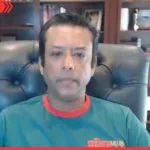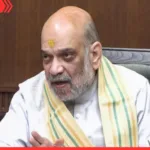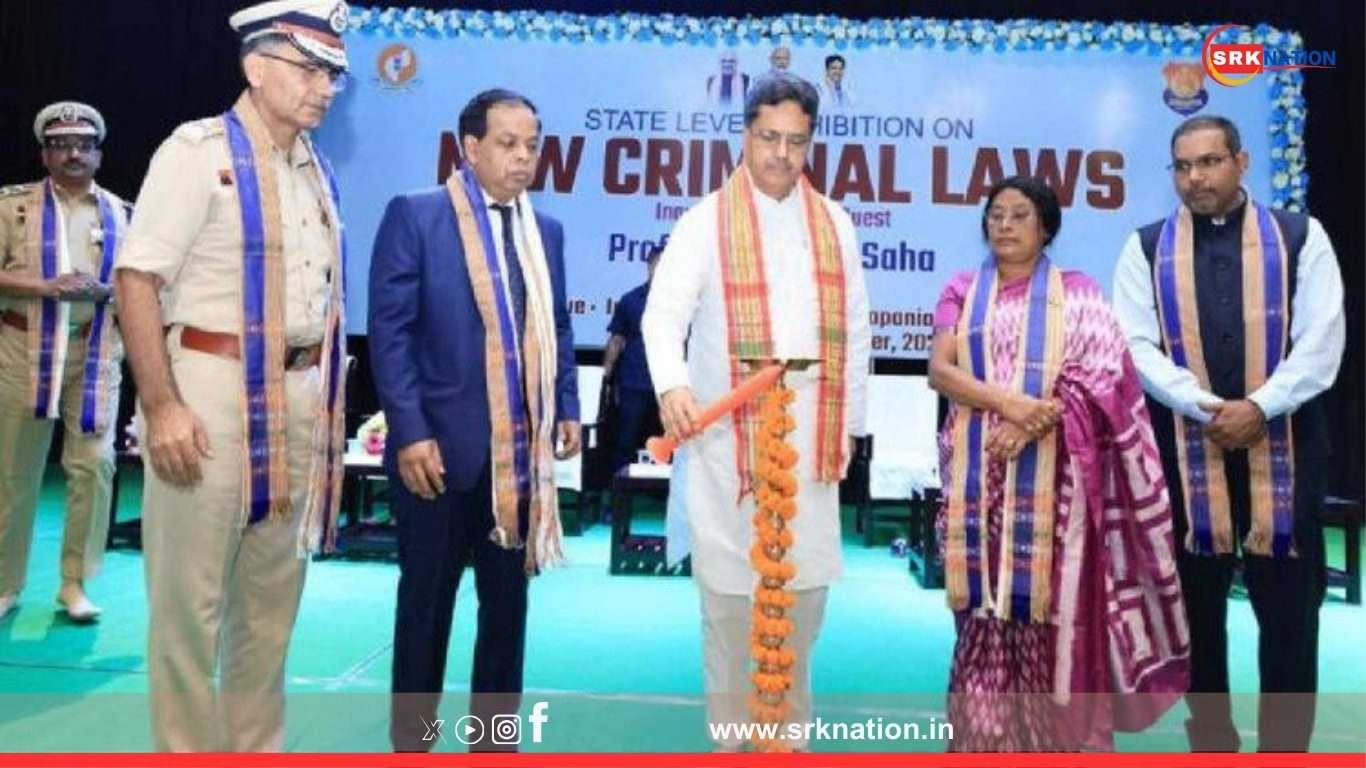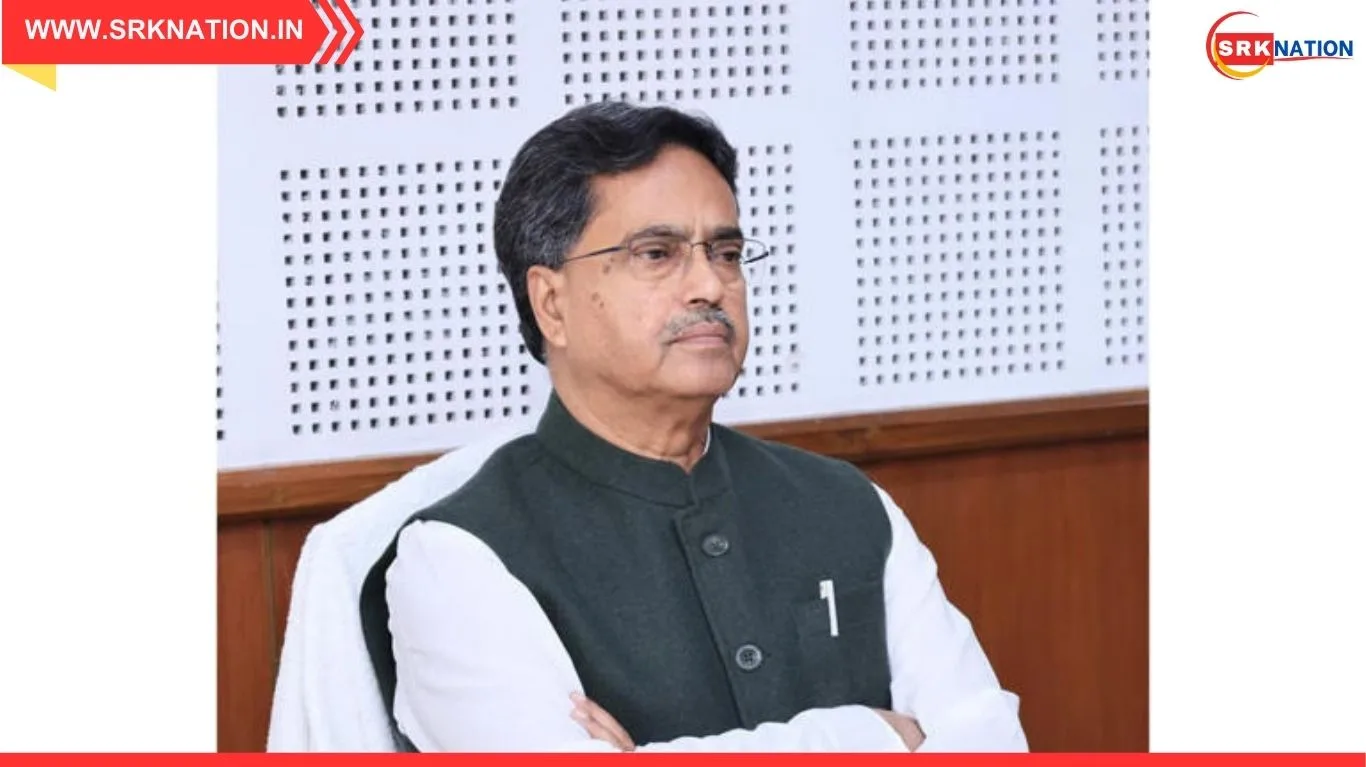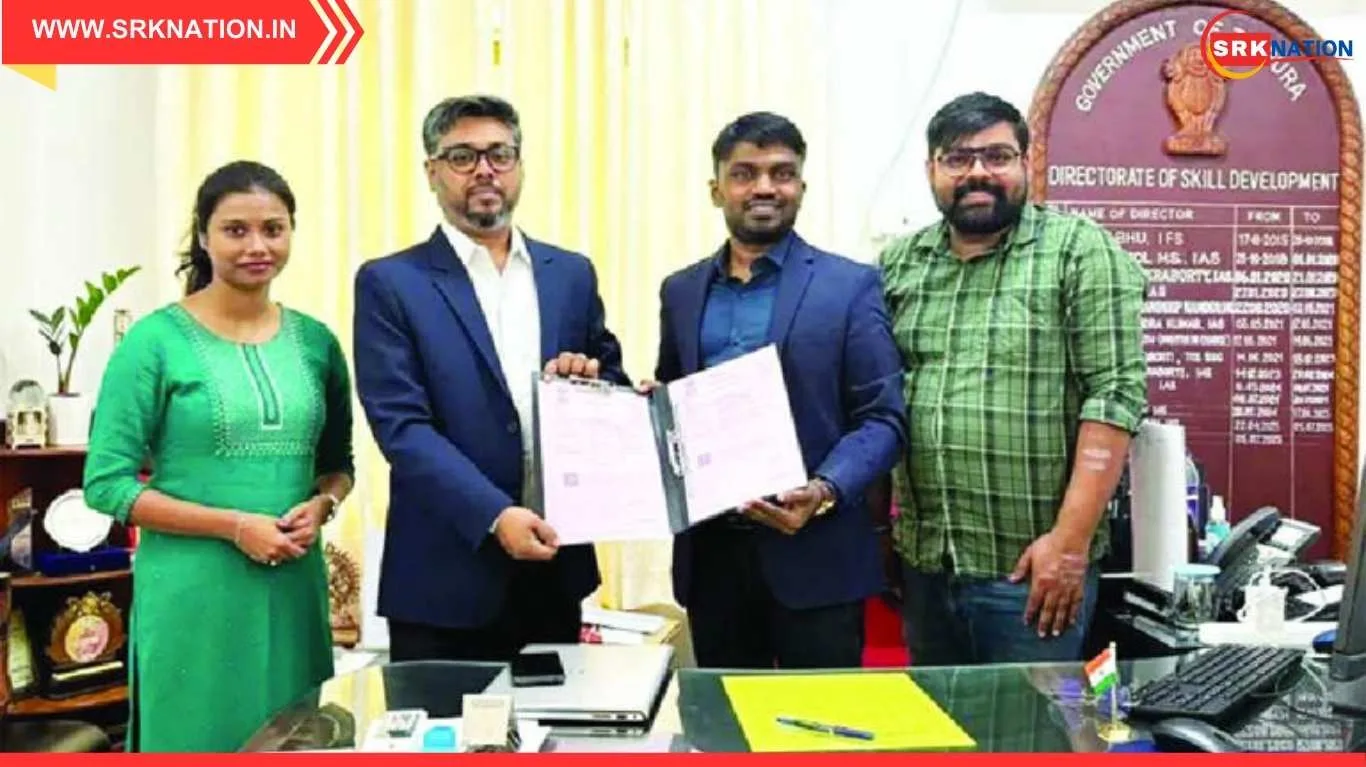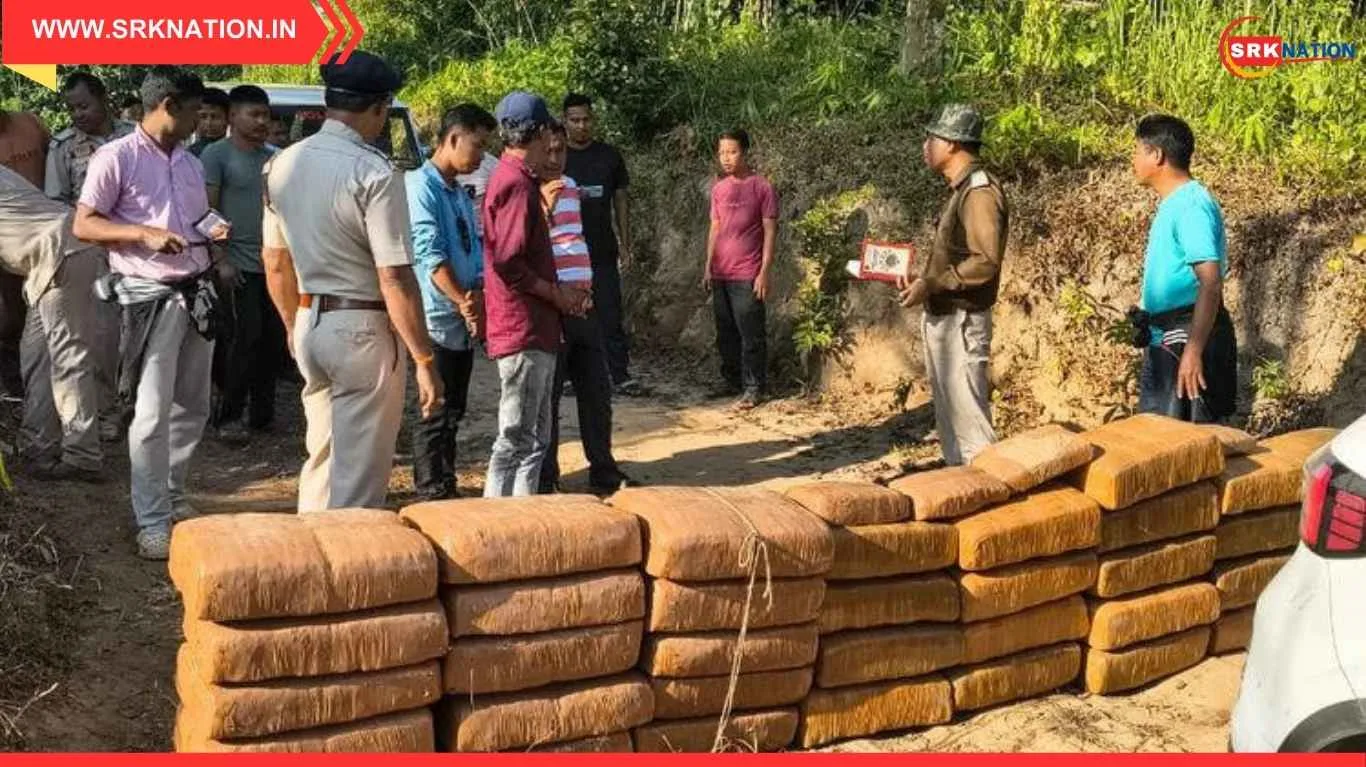Tripura Chief Minister Dr. Manik Saha has hailed the newly enacted criminal laws as transformative tools that will restore public confidence in India’s justice system. Speaking at the inaugural session of a state-level exhibition on the new criminal laws at the Indoor Exhibition Hall in Hapania, Agartala, on September 10, 2025, Saha emphasized that timely justice and transparency are the cornerstones of a healthy democracy, and the new legal framework is designed to deliver exactly that.
The exhibition, organized by the Tripura government, is the first of its kind in the country and will run until September 14. It showcases the implementation and impact of three landmark legislations: the Bharatiya Nyaya Sanhita (BNS), Bharatiya Nagarik Suraksha Sanhita (BNSS), and Bharatiya Sakshya Adhiniyam (BSA), which replaced the Indian Penal Code (1860), the Code of Criminal Procedure (1973), and the Indian Evidence Act (1872), respectively, effective July 1, 2024.
“If work is not done on time and justice is delayed, people lose faith in the system. These new laws will play a crucial role in restoring confidence and efficiency within the judiciary,” said Dr. Saha during his address.
🧭 Timeline of Criminal Law Reforms and Tripura’s Implementation
| Date | Event Description | Outcome / Impact |
|---|---|---|
| July 1, 2024 | New criminal laws come into effect nationwide | IPC, CrPC, and Evidence Act replaced |
| Aug 2024 | Tripura begins training sessions for police and judiciary | Capacity building initiated |
| Sept 10, 2025 | Tripura hosts first exhibition on new criminal laws | Public awareness campaign launched |
| Sept 14, 2025 | Exhibition concludes with feedback and policy inputs | Recommendations for further improvements |
Tripura has emerged as a model state in terms of proactive implementation and public engagement.
🔍 Key Features of the New Criminal Laws
| Law Name | Replaces | Notable Provisions |
|---|---|---|
| Bharatiya Nyaya Sanhita (BNS) | Indian Penal Code (IPC) 1860 | Community service, streamlined 358 sections |
| Bharatiya Nagarik Suraksha Sanhita (BNSS) | CrPC 1973 | Online FIRs, time-bound investigations |
| Bharatiya Sakshya Adhiniyam (BSA) | Indian Evidence Act 1872 | Audio-video recorded statements, third-gender inclusion |
The reforms aim to modernize India’s criminal justice system and make it more citizen-centric.
📉 Impact on Justice Delivery and Public Trust
| Area of Reform | Description | Expected Outcome |
|---|---|---|
| Speed of Trials | Mandated timelines for investigation and trial | Reduced case backlog |
| Victim-Centric Approach | Prioritization of cases involving women, children | Enhanced protection and dignity |
| Accessibility | FIRs can be filed online, statements recorded remotely | Easier access to justice |
| Inclusivity | Provisions for third gender, elderly, disabled | Broader legal coverage |
| Transparency | Digital documentation and evidence handling | Reduced scope for manipulation |
Dr. Saha noted that the new laws are already showing positive results in Tripura’s judicial processes.
🔥 Tripura’s Unique Role in Criminal Law Reform
- First State-Level Exhibition: Tripura is the only state to organize a public exhibition on the new laws, showcasing its commitment to legal literacy and reform.
- Multi-Departmental Participation: Departments including police, health, forensic science, and prisons participated to demonstrate cross-sectoral impact.
- Leadership in Implementation: Tripura presented its model at a regional meeting in Guwahati attended by Union Home Minister Amit Shah.
- Public Engagement: Citizens, students, and legal professionals were invited to interact with experts and understand the reforms.
Dr. Saha, who also serves as Tripura’s Home Minister, reiterated that the state is committed to ensuring justice for all.
🧠 Expert Commentary on New Criminal Laws
| Expert Name | Role | Comment |
|---|---|---|
| Meera Iyer | Legal Reforms Analyst | “Tripura’s proactive approach sets a benchmark for other states.” |
| Rajiv Bansal | Criminal Law Consultant | “The new laws simplify procedures and empower victims.” |
| Dr. Rakesh Sinha | Historian of Indian Law | “These reforms are the most significant overhaul since independence.” |
Experts agree that the new laws represent a paradigm shift in India’s legal landscape.
📦 Comparison of Old vs New Criminal Law Framework
| Parameter | Old Framework (IPC/CrPC/Evidence Act) | New Framework (BNS/BNSS/BSA) |
|---|---|---|
| Total Sections | 511 | 358 (BNS) |
| FIR Filing | Physical presence required | Online and remote options available |
| Investigation Timeline | No fixed duration | Two-month deadline for sensitive cases |
| Evidence Recording | Manual, paper-based | Audio-video digital format |
| Gender Inclusivity | Binary focus | Includes third gender provisions |
The new framework is designed to be faster, fairer, and more inclusive.
📅 Upcoming Legal and Administrative Milestones
| Event | Date | Strategic Importance |
|---|---|---|
| Exhibition Conclusion | Sept 14, 2025 | Feedback to be compiled for policy review |
| Statewide Training Completion | Oct 2025 | Full rollout across police and judiciary |
| Public Feedback Report | Nov 2025 | Citizen inputs to be submitted to Centre |
| National Review Summit | Dec 2025 | Comparative analysis across states |
Tripura’s feedback will be instrumental in shaping national-level refinements to the laws.
📌 Conclusion
Tripura Chief Minister Dr. Manik Saha’s endorsement of the new criminal laws reflects a broader commitment to justice reform and citizen empowerment. By hosting India’s first exhibition on the Bharatiya Nyaya Sanhita, Bharatiya Nagarik Suraksha Sanhita, and Bharatiya Sakshya Adhiniyam, Tripura has positioned itself as a leader in legal modernization. As these laws continue to reshape the justice delivery system, their success will depend on timely implementation, public awareness, and institutional accountability.
—
Disclaimer: This article is based on publicly available government statements, media reports, and expert commentary as of September 12, 2025. It is intended for informational purposes only and does not constitute legal advice.




